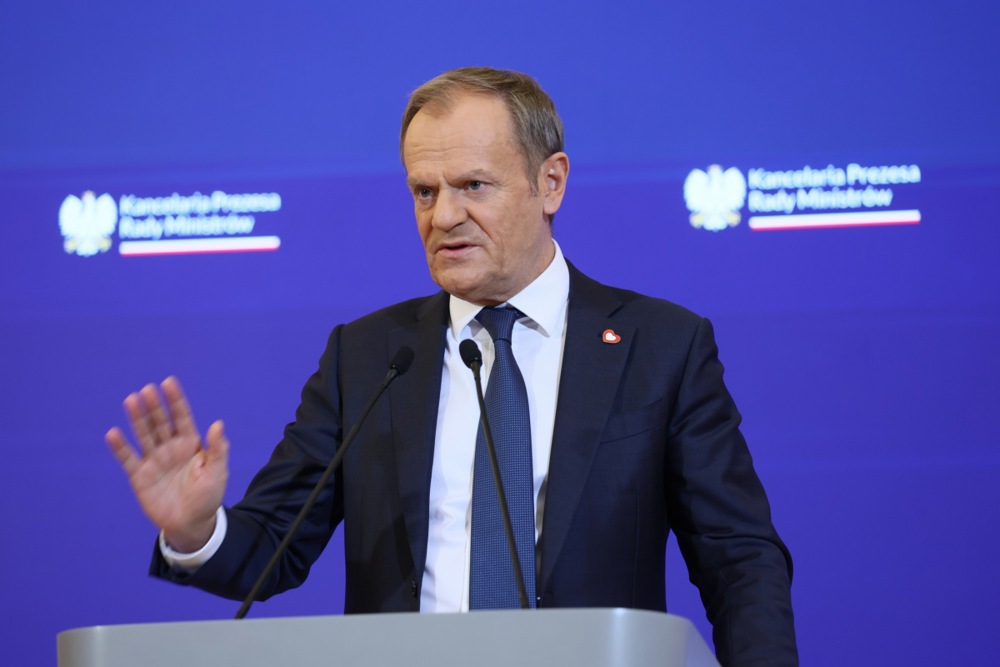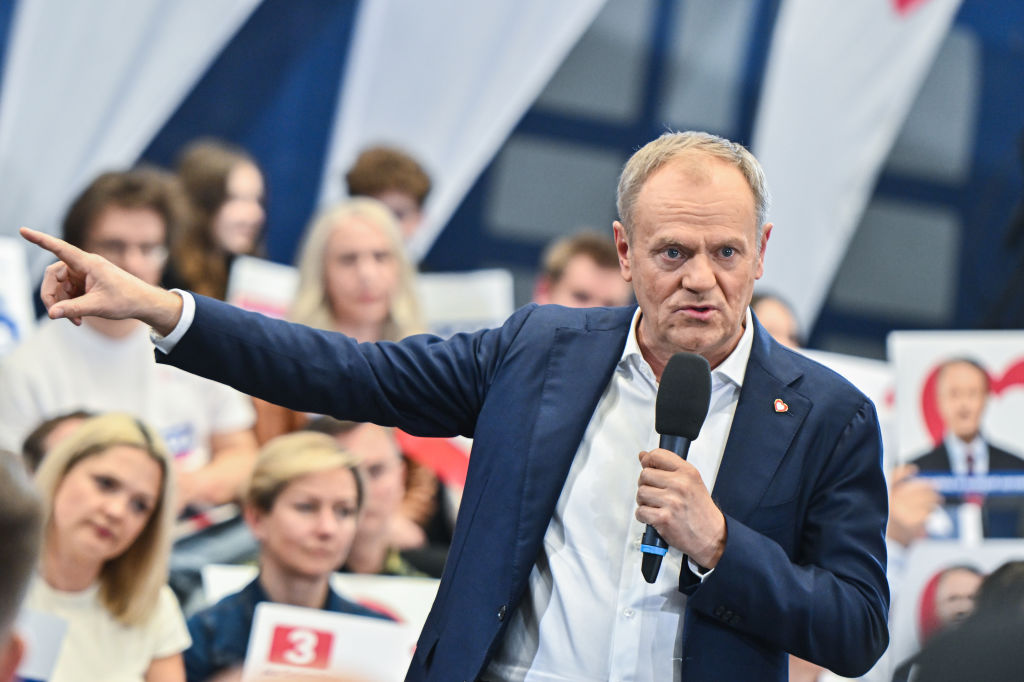The Polish centre-left coalition government led by Prime Minister Donald Tusk has proposed legislation that would grant a state agency the power to block social media content without court authorisation.
According to the legislative draft, revealed by Polish daily DGP on January 13, the administration would be able to block any content on the grounds of violating individual or intellectual property rights or if the material was deemed illegal or “encouraged lawlessness”.
The move by the government’s electronic communications agency (UKE) was triggered by the requirement to implement the European Union’s Digital Services Act (DSA).
Such Polish decisions would be made without the involvement of a court or any of the parties connected to the content in question. Outcomes could be appealed in the courts retrospectively but there would be no appeal process involving the UKE.
The digital affairs minister Krzysztof Gawkowski has defended the government’s move on the grounds of “creating a safer online environment” and “because moderation cannot be left solely in the hands of social media platforms”.
Gawkowski told commercial broadcaster Polsat that individuals had the right to be protected from hate speech. He said the present government had already backed a proposal to increase protection for minorities, introducing stiffer penalties for “hateful” content.
He also called for action to revoke the broadcasting licence of independent Conservative channel TV Republika.
That was in response to what Gawkowski said was its campaign of criticism against Poland’s well known charity fundraiser Jerzy Owsiak and his charity WOŚP, which he claimed had led to death threats against the charity leader.
In a public statement, the Ministry of Digital Affairs defended the proposed legislation. It argued it enabled the authorities to respond quickly.
The ministry also pointed out that the country already had legislation allowing standard text messages to be blocked without court involvement if they were deemed to contain illegal content.
The opposition Conservatives (PiS) party accused the government of introducing State “censorship”.
PiS MP Radosław Fogiel on platform X on January 13 said Tusk was “introducing fully fledged censorship”.
“This government is afraid of any manifestations of freedom of information. They only want propaganda controlled by them,” he added.
Deputy Speaker and one of the leaders of the right wing Confederation party, Krzysztof Bosak, said: “This government dreams of censorship.”
He added that it was “hard to find a more open exposition of the mentality of those currently in power”.
The proposal has also been criticised by the human rights watchdog Helsinki Foundation’s Freedom of Speech programme.
Its co-ordinator Konrad Siemaszko told DGP: “The sanctions envisaged by the legislation should only be possible in highly exceptional circumstances and there must be provisions to limit arbitrary and widespread use of such powers.”
Some government supporters have suggested going even further in attempting to control social media output.
Dorota Wysocka-Schnepf, a prominent journalist who works for the government controlled channel TVP Info on January 10 argued in favour of blocking X for the duration of the Polish presidential election campaign over fears that its owner Elon Musk might attempt to use the platform to affect the result.





